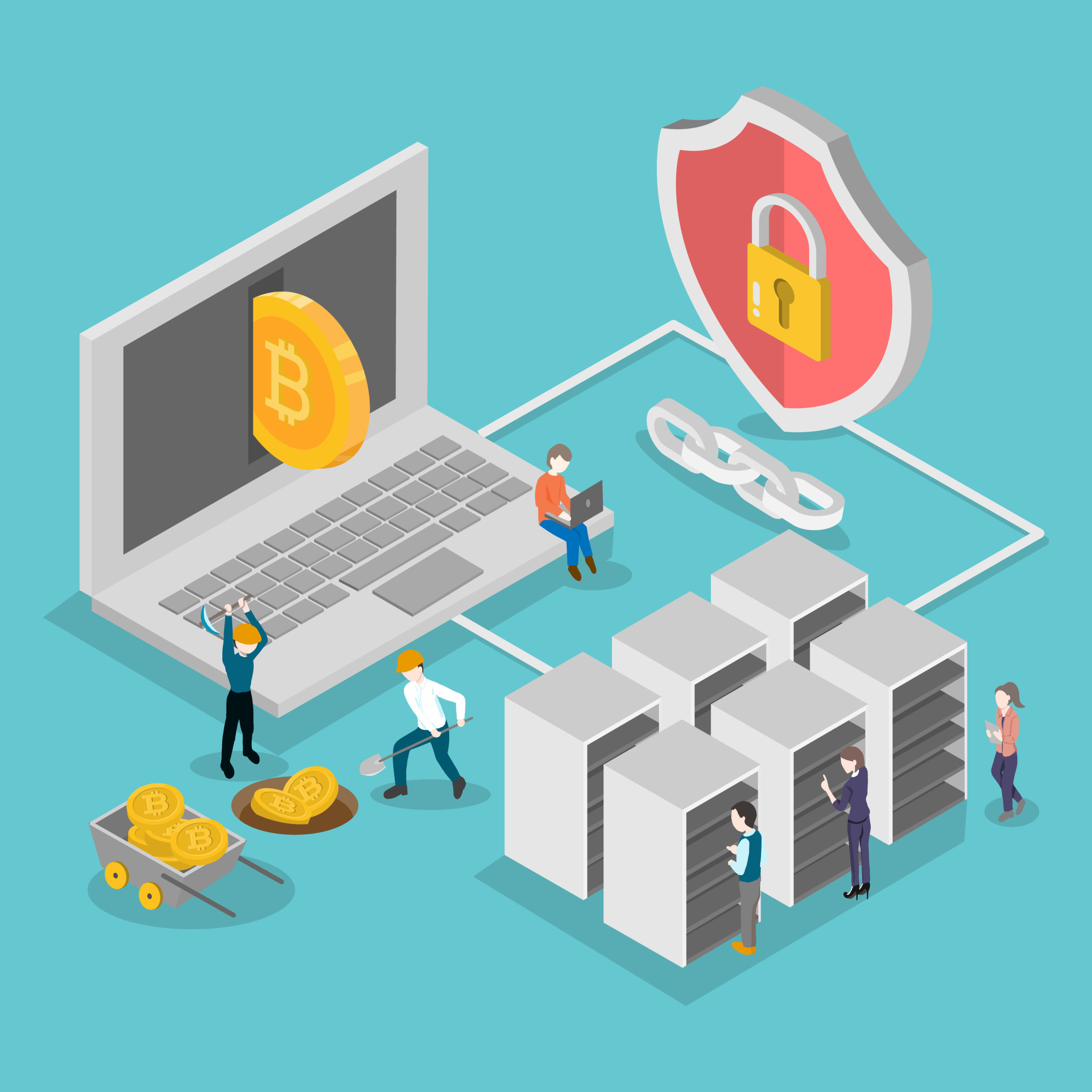 Charities are learning that digital currency, like bitcoin, opens a new giving opportunity for donors. Understanding it may help open the door for future gifts. Yet to understand digital assets and currency, we should review some basics:
Charities are learning that digital currency, like bitcoin, opens a new giving opportunity for donors. Understanding it may help open the door for future gifts. Yet to understand digital assets and currency, we should review some basics:
- Money is anything that can be exchanged for something of equal value, such as barter transactions, gold, silver, paper currencies (fiat), etc. We use different forms of money regularly.
- Value is based on scarcity (i.e., supply and demand), where a scarce asset (i.e., gold) has greater value than one less scarce (i.e., silver). Open markets set the fair market values.
- Digital assets are part of our daily lives and include software, phone applications, music, photos, digital files with passwords (zip files, PDFs, spreadsheets, etc.) and bank and brokerage statements. All have ownership or represent ownership.
- Digital currency includes the use of cards (credit, debit, gift, etc.), phone charges, Apple Pay, online charges, etc. We use digital currencies every day.
So, what about Bitcoin?
- A bitcoin is a block of secure data (digital asset) and is treated like money (currency) and was started in early 2009.
- Ownership of bitcoins is processed by a decentralized public ledger called a blockchain.
- A bitcoin’s value is based on its market value as conducted between peers on the blockchain.
- Transactions on the blockchain between owners of bitcoin are completed without third-party participation or interference (no banks, central banks or government entities). No government controls bitcoin nor its value nor the transactions.
- Bitcoin is unique among digital currencies because it has a limited supply of 21 million, so its market value may increase over time.
- Other fiat and digital currencies–with no limit on their supply or which are not backed by any hard asset (such as gold)—may lose their purchasing power (value) over time.
A charity can open an account on an exchange (such as CoinBase [COIN], BlockFi, BitPay, BitStamp, etc.) to receive the gift of ownership of a bitcoin or any other digital currency and then sell it for cash (dollars) less transaction fees. A charity may wish to promote such gifts on websites and emails, with a link offering instructions on how to complete the gift.
The IRS offers the following guidance on virtual currency transactions:
In 2014, the IRS issued Notice 2014-21, 2014-16 I.R.B. 938 PDF, explaining that virtual currency is treated as property for federal income tax purposes and providing examples of how longstanding tax principles applicable to transactions involving property apply to virtual currency.
If you receive cryptocurrency in a peer-to-peer transaction or some other transaction not facilitated by a cryptocurrency exchange, the fair market value of the cryptocurrency is determined as of the date and time the transaction is recorded on the distributed ledger or would have been recorded on the ledger if it had been an on-chain transaction.
If a donor donates virtual currency to a charitable organization described in Internal Revenue Code Section 170(c), they will not recognize income, gain or loss from the donation. For more information on charitable contributions, see Publication 526, Charitable Contributions.
Visit Frequently Asked Questions on Virtual Currency Transactions for more information.
By Lewis von Herrmann, Sharpe Group Senior Consultant
Sharpe Group will continue to post helpful information for you here on our blog and on our social media sites. If this blog was shared with you and you wish to sign up, you can do so at SHARPEnet.com/blog.
We can be found on Facebook, Twitter and LinkedIn @sharpegroup.
We welcome questions you’d like us to address. Email us at info@SHARPEnet.com and we’ll share your question and our thoughts in this blog and on social media.

